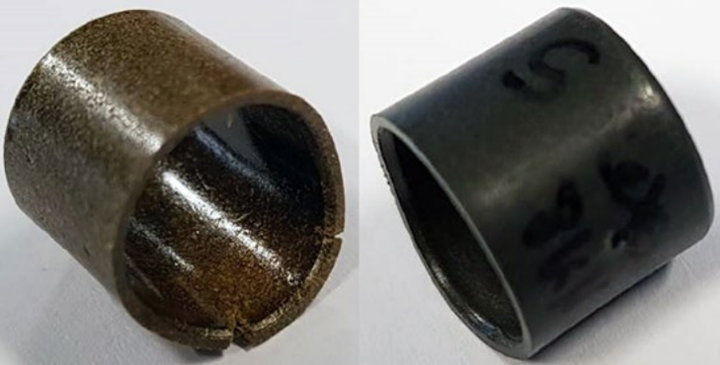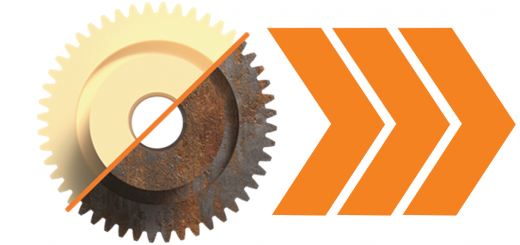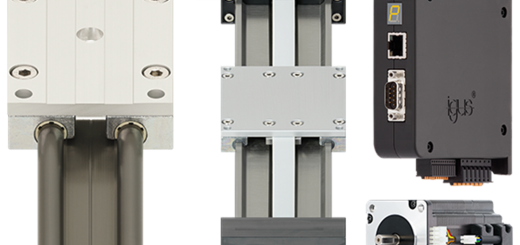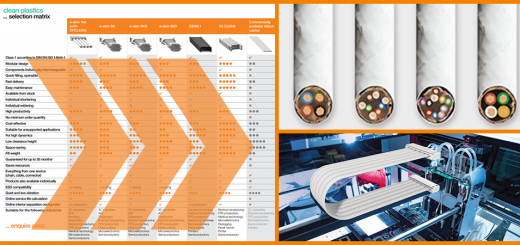Damage patterns of plain bearings – Part 1: Deformations
By Lars Butenschon
Plastic plain bearings can often be damaged due to factors such as improper assembly, incorrect structural design, or unsuitable material selection. The unique characteristics and operational mode of these bearings necessitate careful consideration in terms of dimensioning, design, and assembly at the bearing point. However, compared to their metallic counterparts, plastic plain bearings offer more flexibility in component geometry design. This allows for a more innovative approach to design, although it may also introduce additional risks.
Different types of damage to plastic plain bearings can usually be easily identified. The cause of the damage can often be inferred from its appearance, such as deformations or cracks. In this blog post, we delve into the white paper titled “Typical Damage Patterns – How to Avoid Premature Failures of Plastic Bushings,” providing an excerpt that further explores this topic.
Detecting Deformations
Deformations primarily occur due to overload. These overload deformations can often be identified as relatively uniform changes at the stressed points of the plain bearing. If the shaft’s load surpasses the permissible surface pressure of the bearings, or if excessive edge loads occur due to acting torque, the bearing deforms in the direction of this load.

Significant deformations can occur due to a loss of tension as a result of excessive load. This phenomenon is known as the “creep” of the material. Creep happens when the component is consistently under extreme tension. Exposure to temperature, either from excessive friction or external factors, can speed up this process if it surpasses the thermal resistance of the plastic.
Our Solution
Fibre-reinforced polymers are generally capable of withstanding higher loads, making them a preferable choice for high-load applications. Increasing the bearing diameter can also help reduce surface pressure. Additionally, precise alignment of the components or self-aligning can prevent unwanted edge loads, such as those resulting from misalignment.
Besides deformation, there are other types of damage that can be observed in practice. Please reach out to our technical team to find out more about plastic bearings at 1-800-965-2496 or by Livechat at www.igus.ca.



